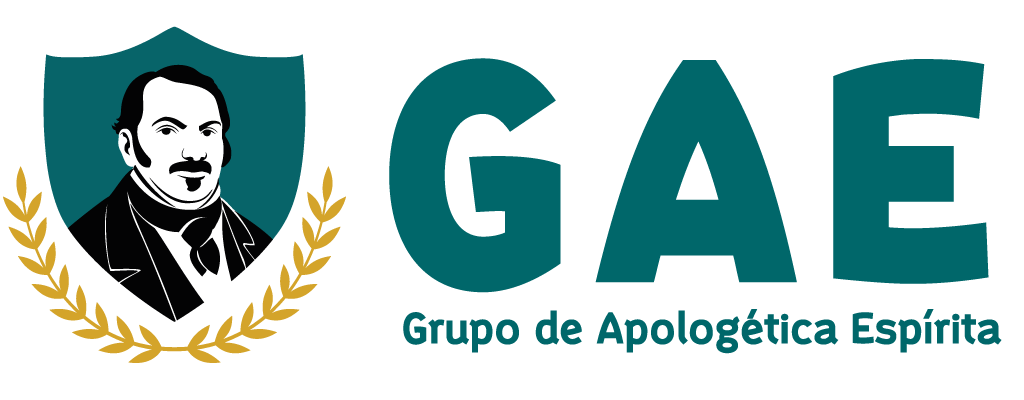|
Getting your Trinity Audio player ready...
|
Resumo: O texto analisa o livro bíblico Deuteronômio, questionando se suas leis são puramente divinas ou de origem mosaica. Os autores argumentam que a inconsistência entre as leis deuteronômicas e a prática de muitos religiosos indica uma origem humana para parte significativa do livro. Eles usam exemplos específicos de leis no Deuteronômio que são consideradas imorais pelos padrões modernos, e comparam diferentes traduções bíblicas para destacar inconsistências na interpretação de passagens chave, como a proibição da necromancia. Finalmente, o texto defende a comunicação com os mortos, desafiando a interpretação tradicional da Bíblia sobre essa prática.
Palavras-chave: Deuteronômio, leis divinas, inconsistências, necromancia, comunicação com os mortos.
Summary: The text analyzes the biblical book of Deuteronomy, questioning whether its laws are purely divine or of Mosaic origin. The authors argue that the inconsistency between the Deuteronomic laws and the practice of many religious people indicates a human origin for a significant part of the book. They use specific examples of laws in Deuteronomy that are considered immoral by modern standards, and compare different biblical translations to highlight inconsistencies in the interpretation of key passages, such as the prohibition of necromancy. Finally, the text defends communication with the dead, challenging the traditional interpretation of the Bible regarding this practice.
Keywords: Deuteronomy, divine laws, inconsistencies, necromancy, communication with the dead.

